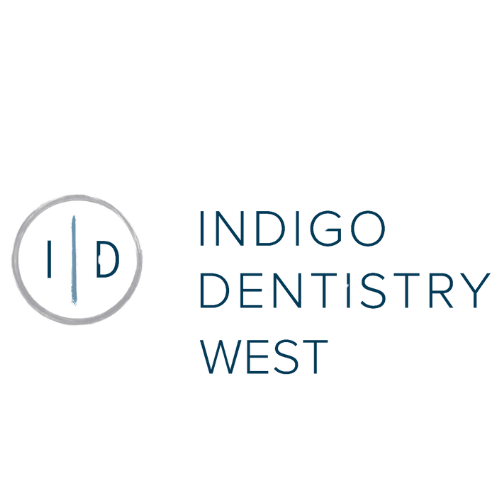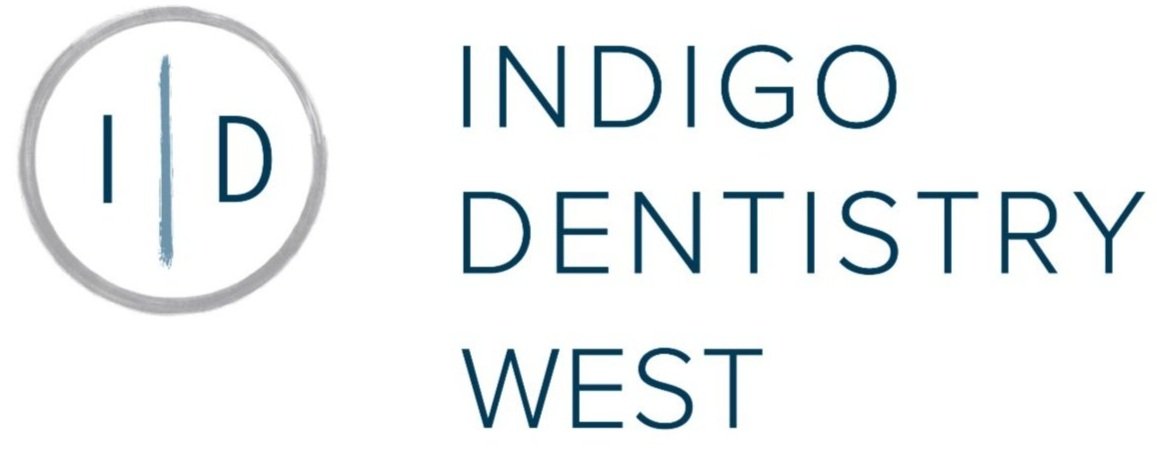Understanding Periodontal Disease: Causes, Symptoms, and Treatments Explained
Introduction to Periodontal Disease
Periodontal disease is a common but serious oral health issue that affects millions of people every year. This inflammatory condition can lead to gum recession, tooth loss, and other complications if left untreated. At Indigo Dentistry West, we are dedicated to helping our patients understand the causes, symptoms, and treatments available for periodontal disease. From regular dental cleanings to advanced periodontal therapy, our team of experts is here to support your oral health every step of the way. Read on to learn more about periodontal disease and how we can help you maintain a healthy smile.
Causes of Periodontal Disease
Periodontal disease is primarily caused by the build-up of bacteria in the mouth, forming plaque and tartar on the teeth and gums. Poor oral hygiene practices, such as irregular brushing and flossing, can contribute to the development of this condition. Other factors like smoking, hormonal changes, diabetes, and certain medications can also increase the risk of periodontal disease. Understanding these causes is crucial in preventing the onset and progression of this oral health issue. Stay tuned for the next section where we delve deeper into the common symptoms of periodontal disease.
Symptoms of Periodontal Disease
Recognizing the symptoms of periodontal disease is vital for early detection and treatment. Common signs include red, swollen gums, bleeding during brushing or flossing, persistent bad breath, loose teeth, and gum recession. Additionally, experiencing pain while chewing or sensitive teeth can also indicate the presence of periodontal disease. If you notice any of these symptoms, it is crucial to consult with a dental professional promptly to prevent further damage to your oral health. In the following section, we will discuss the various treatment options available for managing periodontal disease effectively. Stay informed to safeguard your oral well-being.
Diagnosing and Treating Periodontal Disease
Upon observing symptoms of periodontal disease, a dental professional will conduct a thorough examination to diagnose the extent and severity of the condition. This may include assessing the depth of gum pockets, X-rays for bone loss, and evaluating any signs of infection. Treatment options can vary depending on the stage of the disease, ranging from scaling and root planing to surgical interventions like flap surgery or tissue grafts. It is essential to follow your dentist's recommendations diligently and maintain good oral hygiene practices to manage and prevent the progression of periodontal disease. Early intervention is key to preserving healthy gums and teeth. Stay tuned for more insights on effective periodontal disease management.
Preventative Measures for Periodontal Disease
In addition to professional treatments, preventive measures play a crucial role in managing periodontal disease. Maintaining a consistent oral hygiene routine is vital - this includes brushing twice a day, flossing, and using an antiseptic mouthwash. Regular dental check-ups and cleanings are essential for early detection and intervention. Avoiding tobacco and maintaining a healthy diet rich in vitamins and minerals also contribute to gum health. In case of risk factors like diabetes or a weakened immune system, proactive management and collaboration with healthcare providers are advised. Stay committed to these preventive measures to safeguard your gums and maintain overall oral health. Stay informed for more tips on combating periodontal disease effectively.
The Importance of Regular Dental Check-Ups
Regular dental check-ups are fundamental in the prevention and early detection of periodontal disease. During these appointments, your dentist will assess the health of your gums, check for any signs of infection or inflammation, and recommend appropriate treatments. Early intervention can help prevent the progression of gum disease and potentially save you from more invasive procedures in the future. Moreover, these routine visits provide an opportunity to discuss any concerns or changes in your oral health with your dentist. By prioritizing regular dental check-ups, you are taking proactive steps towards maintaining optimal gum health and overall well-being. Stay tuned for more insights on effective periodontal disease management.
Taking Control of Your Oral Health
As we conclude our discussion on understanding periodontal disease, it is evident that regular dental check-ups play a crucial role in safeguarding your oral health. By staying proactive and vigilant in monitoring the health of your gums, you can prevent the advancement of gum disease and ensure a healthier smile for years to come. Remember, early detection and treatment are key to managing periodontal disease effectively. Make it a priority to schedule routine dental appointments, follow your dentist's recommendations, and maintain good oral hygiene practices. Taking control of your oral health is empowering – invest in your well-being by prioritizing your gums and overall dental wellness. Stay informed and stay healthy!

